“I felt genuinely happy for a few hours, from the depths of my heart, for the first time in two whole years,” said Maha Wafi.
On the night of October 12, Wafi and her five children could barely sleep. It had been an all-too-common problem in the two years of unrelenting Israeli attacks on Gaza since the October 7 attacks. But that night, it wasn’t the Israeli bombs keeping them awake.
Now, it was because they believed that the next day their husband and father, Anis al-Astal, would be one of thousands of Palestinians freed from Israeli prisons as part of the new ceasefire deal.
“What will he look like? What would we feed him, and what would we offer him to drink?”
“We were discussing what we should do when Baba comes. What will he look like? What would we feed him, and what would we offer him to drink?” she recounted to The Intercept. “I woke up early, and I was planning to go to the market and buy clothes and food for him. It’s just a matter of hours, God willing, after two years of detention, in a few hours he’ll be with us.”
She hadn’t seen her husband for nearly the entire war. On December 2, 2023, al-Astal, the director of ambulance services in southern Gaza, had been on a mission to evacuate patients from the north when he and three other colleagues were detained by Israeli forces at the Netzarim Junction, a major intersection in central Gaza. Since then, Wafi and her children have been waiting for him to return — and now the moment was finally here.
Or so she thought.
On October 13, when dozens of detained Palestinians were freed and brought back to Gaza, a call came from one of her husband’s colleagues: Al-Astal was nowhere to be seen.
“It was an indescribable feeling,” she said. “My sons are young, young men, and I have my only daughter, and we were bawling like little kids. My little boy, who is 7 years old, was crying his heart out. There are things that words and phrases can’t explain.”
Al-Astal is one of at least 95 Palestinian medical workers, 80 of whom are from Gaza, still being held without charge in Israeli prisons, according to Healthcare Workers Watch, a group formed by Palestinian and international medical workers to track attacks on health care in Palestine. Among those who remain imprisoned is Dr. Hussam Abu Safiya, the director of Kamal Adwan Hospital in the north, who was taken after a brutal attack on the hospital in December 2024.
According to Healthcare Workers Watch, more than 400 Palestinian medical workers have been detained by Israeli authorities since October 7, 2023.
“The majority of them have been taken from their place of work while working to try and save patients. So that includes people who’ve been taken from their ambulance, during their work, or from hospitals,” said Rebecca Inglis from Healthcare Workers Watch. “And so these are health care workers who are supposed to be specifically protected under international humanitarian law.”
Since October 7, the Israeli military has repeatedly attacked Gaza’s hospitals from the north to the south, and blocked medicine and crucial supplies. More than 1,700 health workers have been killed. The United Nations has described the attacks as the “targeted destruction” of the health care system — a “medicide.”
“These are health care workers who are supposed to be specifically protected under international humanitarian law.”
Palestinians from Gaza like Anis al-Astal have been held under Israel’s Incarceration of Unlawful Combatants Law, which allows for prisoners to be held without charge, for an unlimited time, and without access to an attorney for over two months. Amnesty International has said the law is being used to “arbitrarily round up Palestinian civilians from Gaza” with little or no accountability.
The indefinite detentions leave families in Gaza like Wafi’s to fight for any scrap of information about their loved ones. Some released detainees told Wafi that her husband had been moved between Israeli prisons, but she does not know with any certainty right now.
“He and the medical staff were about to be released,” she said. “What happened? What took place? Were they stopped? No one knows.”
A Doctor Returns
Nearly 2,000 Palestinians were freed on October 13 as part of the ceasefire agreement, 1,700 of them from Gaza who returned to what little of what was left of their homes. Among them was Dr. Ahmed Mhanna, who previously worked as the director of Al-Awda Hospital. Like al-Astal, it had been nearly two years since he last set foot in Gaza. When he finally came back, he was greeted by dozens of colleagues who hugged him and lifted him up on their shoulders.
The physical toll of his detention was immediately visible. Mhanna had grown gaunt, much thinner than when he was taken.
“During the whole time which I spent in the prison, one year and 10 months, I lost 30 kilograms” — around 66 pounds — “of total body weight,” he told The Intercept.
Mhanna was at Al-Awda Hospital in the north when he, along with other staff, was taken by Israeli forces on December 17, 2023, after a nearly two-week long siege on the facility. The first place they were taken, he said, was Israel’s notorious Sde Teiman military prison, where Israeli forces have been accused by detainees and human rights groups of torture, rape, and abuse. Mhanna said that he and others were regularly interrogated for up to eight hours.
“Prisoners were kept there in extremely degrading conditions. Small cages, exposed to cold, dirt, and humiliation,” he said.
“Many detainees were forced to stay in painful positions for long hours, often blindfolded and handcuffed,” he said, describing his and others’ treatment. “Soldiers used intimidation and psychological abuse as part of daily routine treatment. It was a deliberate effort to break our spirit and dignity.”
In a statement to The Intercept, the Israeli military, which oversees Sde Teiman, said that it “thoroughly examines concrete allegations concerning the abuse of detainees” and says no systematic abuse takes place.
Mhanna said that the harsh treatment continued after he was moved to Ketziot Prison, where he was held until he was released. There, he said, 40 people were held in a room that was around 500 square feet, and that showers and medical care was regularly denied.
“They didn’t respond to my requests to give him antibiotics. And we lost him.”
“They developed skin diseases and abscesses. We lost two guys, one of them, a friend of mine, due to a chest infection,” he said. “They didn’t respond to my requests to give him antibiotics. And we lost him.”
The mistreatment continued until the very last day of his imprisonment, he said, when the detainees were bound and beaten by guards before being released back to Gaza. His testimony reflects wider human rights violations documented by human rights groups of how Palestinians are treated in the Israeli prison network.
“In Sde Teiman, dozens of Palestinian detainees have died — killed actually, some of them. Some of the testimonies talk about people getting beat to death in Sde Teiman,” Naji Abbas, director of the Prisoners Department at Physicians for Human Rights Israel, said. Earlier this year, the group released an investigation into the detainment of Palestinian medical workers and documented severe abuse across Israeli prisons, including denial of medical care. “People are dying. They suffered from a medical condition that can be treated very easily if they at least saw a doctor.”
Compounding the physical brutality was the psychological abuse, Mhanna said. News from Gaza was scarce, with only some information coming from newly arrived detainees and from lawyers, though they were limited in what they could divulge on their very rare meetings or calls. Mhanna only met with a lawyer three times during his 22 months of detention. He had no idea of how his family were doing — or if they were even alive.
Guards would taunt Palestinians, he told me, by saying what places had been attacked.
“’Now we destroy Deir al Balah, and we destroy Nuseirat,’” he recalled the Israeli guards saying. “Can you imagine how we are feeling when I know that my family is living in Deir al Balah, and I have no news about them?”
Abbas said that lawyers have been banned for months from visiting again for trying to give detainees letters from loved ones in Gaza or simply relaying word that prisoners’ families are OK.
“The ideology behind their policies,” he said, “is using the conditions of the detention itself as a punishment, as a tool of torture.”
“He Knows He’s Clean”
That void of knowledge about their loved ones, being unaware if they are alive or dead, is mirrored by Palestinian families in Gaza. Maha Wafi and her children have experienced it for nearly two years since Anis al-Astal and his colleagues were taken.
On December 2, 2023, two weeks before the attack on Al-Awda Hospital when Mhanna was taken, al-Astal and three of his colleagues set out on a mission from Khan Younis in southern Gaza to the north. They hoped to evacuate patients there as Israeli forces spread further into the enclave and attacked the north’s hospitals without reprieve.

“It wasn’t his first coordinated mission. He had evacuated injured patients several times,” Wafi said. “So, if he knew that, God forbid, there was anything against him, he would have refused to go. But he knows he’s clean.”
The last time she spoke to her husband, it was on the morning he was abducted. The day began in chaos. Wafi, a paramedic like her husband, was at work when she received a phone call from her children saying that their home was under a displacement order from the Israeli military. Shortly thereafter, she phoned al-Astal.
“I reached out to him to help me pack important things like documents and clothes. He told me he was on his way to evacuate patients,” she said. “Once he was done, he would come to help us evacuate.”
“If he knew that, God forbid, there was anything against him, he would have refused to go.”It was a few hours later, as she was packing their family’s belongings away, that she received a confusing call from one of al-Astal colleagues expressing condolences. She assumed it was about the displacement order in Khan Younis.
“He said, ‘No, I’m talking about Anis!’” Wafi recalled. When she questioned what he meant, he went on to say that al-Astal had been detained evacuating patients in the north.
“Two blows at once: I lost both my support and my safety,” she said. “My support, which is my husband, and my safety, which is my home.”
Granted Safe Passage by Israel
The ambulance mission to the north led by al-Astal had been approved by Israel, according to one of his colleagues, Mohammed Abu Samak, who was with him when they were taken by Israeli forces.
“We had prior coordination with the Israeli side through the relevant authorities,” Abu Samak, who was released two weeks after they were taken, told The Intercept. “However, we do not know what happened that day, as we were surprised when we reached the Netzarim checkpoint and the Israeli army detained us.”
“We had prior coordination with the Israeli side through the relevant authorities.”Abu Samak said that they were held in a detention center made up of barracks. “They interrogated us at the location and then transferred us to another place with a group of detainees,” he said. “We were subjected to a great deal of beatings, torture, and humiliation.”
While Abu Samak and another colleague were released two weeks after they were taken, al-Astal and another colleague, Hamdan Anaba, were kept in detention. Since then, Wafi has tried to find out any information she can and to have him released.
A lawyer for the Palestinian Centre for Human Rights has been able to see al-Astal only a handful of times. During one of the visits, the group told The Intercept, al-Astal said that he had been beaten four times in a single week and “described a complete disconnection from the outside world to the extent that detainees lose all sense of time and date.”
Al-Astal had been “subjected to strip searches, verbal abuse, offensive language, and threats,” the group said. He’s had court appearances but without legal representation, according to the Palestinian Centre for Human Rights, and has not been given any reason for his arrest or detention.
For Hamdan Anaba, the colleague who was detained with al-Astal, the one detail that has emerged about his detention is the worst kind of information: He died or was killed while in Israeli custody.
There were reports in September 2024 of his death, but it was only officially confirmed by the Israeli government in early 2025, according to GISHA, an Israeli human rights organization working on behalf of Anaba’s family. His body has not been released, and the circumstances of his death are still a mystery due to obstruction by Israeli authorities.
“Although approved to attend the autopsy, the family’s physician was required to sign a confidentiality agreement.”
“Israeli authorities have continuously tried to conceal information. Although approved to attend the autopsy, the family’s physician was required to sign a confidentiality agreement, and every motion we filed to lift this restriction was denied,” Tania Hary, GISHA’s executive director, told The Intercept in a statement. “The state’s conduct makes a mockery of due process and raises serious concerns under international law, particularly regarding the prohibition on enforced disappearance, the duty to investigate deaths in custody effectively, and the obligation to uphold the basic rights and dignity of detainees and their families.”
Anaba is one of at least 75 Palestinians, including four other medical workers, who have died or been killed in Israeli detention since October 7.
The Israel Prison Service did not respond to questions from The Intercept, and in its statement in response to this story, the Israeli military did not address questions about al-Astal or Anaba.
“Everything Is Destroyed”
For Palestinians who survive the Israeli prison system, returning to Gaza marks the end of one horrific chapter. Coming back to a destroyed homeland, however, presents new challenges.
When he was returned to Gaza on October 13, Mhanna, the former Al-Awad Hospital director, said he was completely shocked to see Gaza’s post-apocalyptic landscape.
“No Rafah, no Khan Younis, no Gaza City — everything is destroyed,” he said. “No university, no schools, no medical centers, no hospitals. Nothing is here now.”
“I have to continue my job. I have to forget all this hard period that I was in prison. I have to.”Part of the loss he’s returned to is not just the total physical destruction, but also the lives taken with it, including hundreds of his medical colleagues who were killed during his imprisonment. The resulting lack of doctors in Gaza is one of the reasons Mhanna is so eager to get back to work, even as he must deal with trying to figure out his family’s future and begin the process of healing from his traumatic experience.
“I’m better, but still I have complaints and I’m not feeling well 100 percent,” Mhanna said. “But tomorrow I will return to my work, and I have to continue my job. I have to forget all this hard period that I was in prison. I have to.”
During the previous ceasefire, detainees would be released every Saturday. Maha Wafi would search the crowds of released Palestinians, looking for any sign of al-Astal. Now all she can do is wait, after more than two years trying to keep her family alive, along with the civilians she tends to on the job.
“My husband and I entered this field and studied together before we got married,” she said. “We love our work, so for us, it’s not just a job.”
Her husband’s dedication to helping people as a medic makes it even more difficult for her to understand why he was taken.
Even as an unstable ceasefire continues, she said it’s hard to find any hope when her husband remains stolen from his family.
“I can’t taste the feeling of joy while the pillar of the house is not with us. The father of my children is not with us. I mean, every family in the camp, their father shows them love and brings them stuff and this and that,” she said. “But not my children. An incomplete, broken joy in an unreal way. Some things cannot be expressed with words.”

 German (DE)
German (DE)  English (US)
English (US)  Spanish (ES)
Spanish (ES)  French (FR)
French (FR)  Hindi (IN)
Hindi (IN)  Italian (IT)
Italian (IT)  Portuguese (BR)
Portuguese (BR)  Russian (RU)
Russian (RU) 
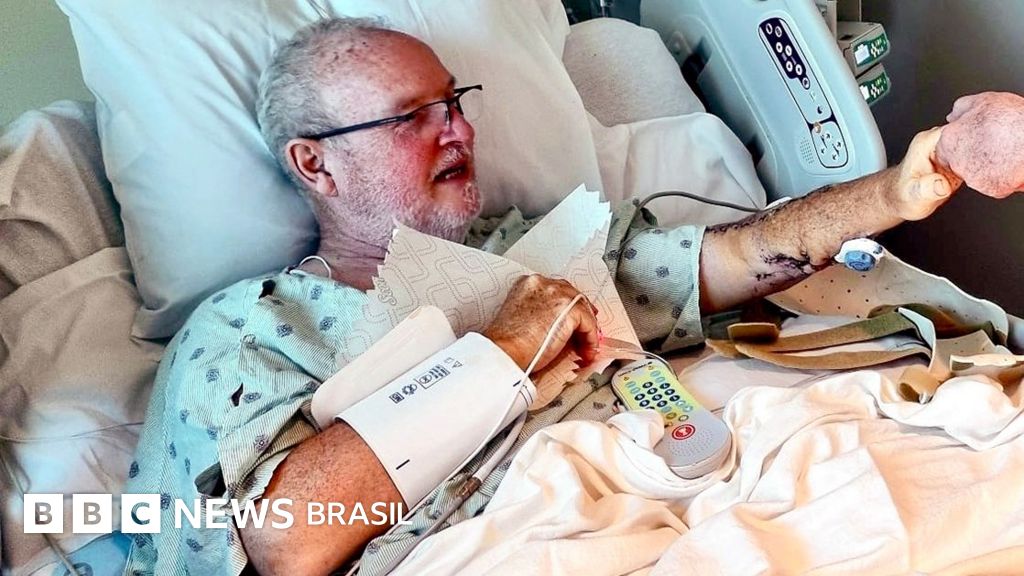
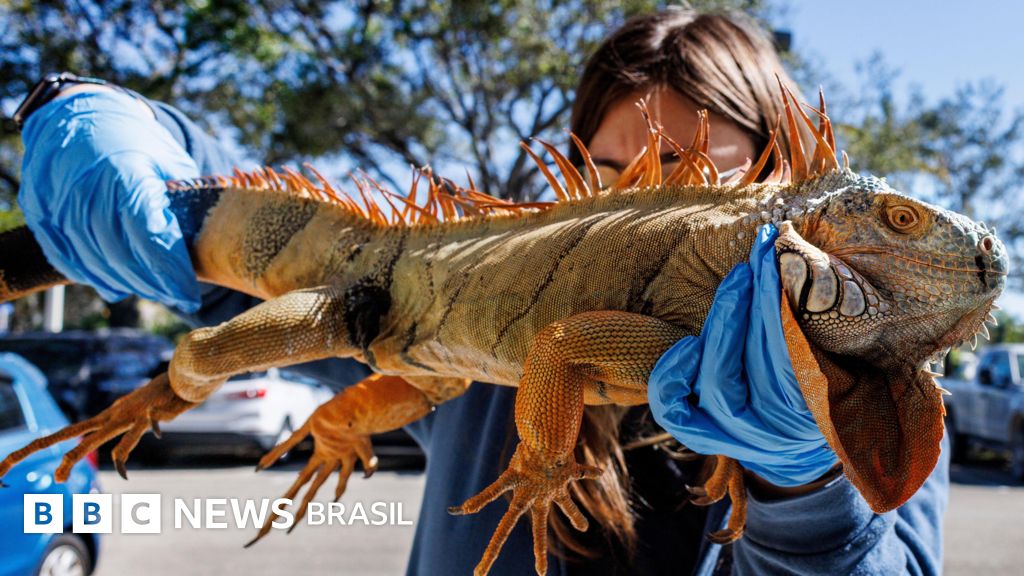
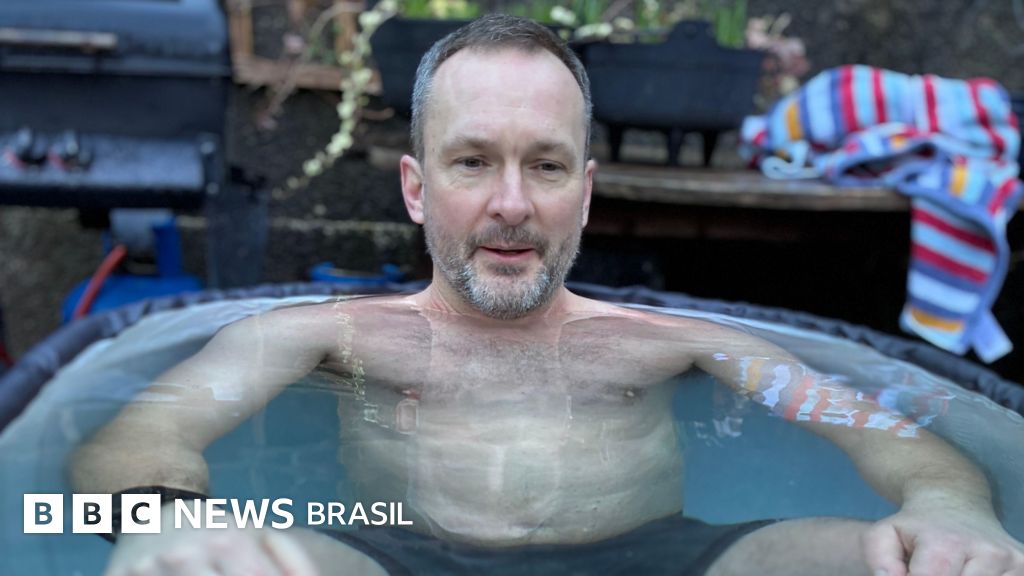
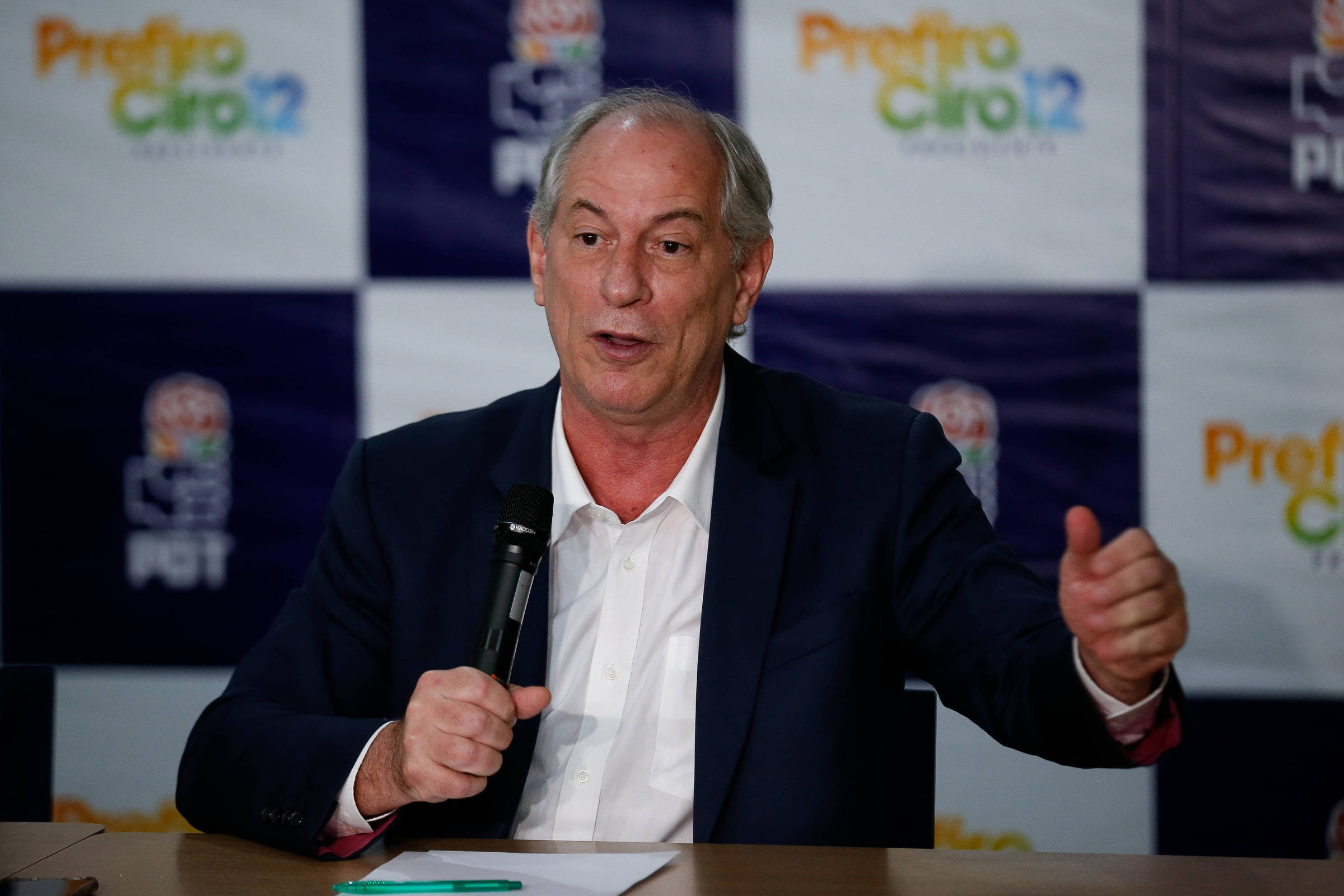

:strip_icc()/i.s3.glbimg.com/v1/AUTH_59edd422c0c84a879bd37670ae4f538a/internal_photos/bs/2023/l/g/UvNZinRh2puy1SCdeg8w/cb1b14f2-970b-4f5c-a175-75a6c34ef729.jpg)
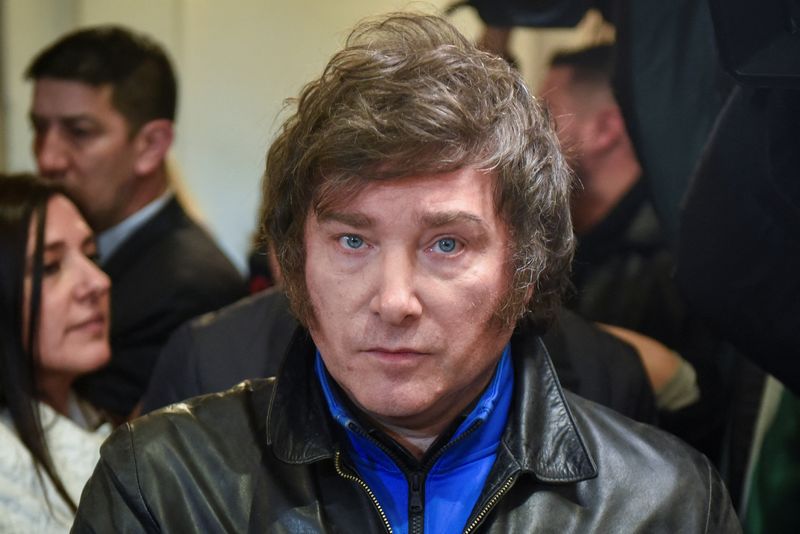
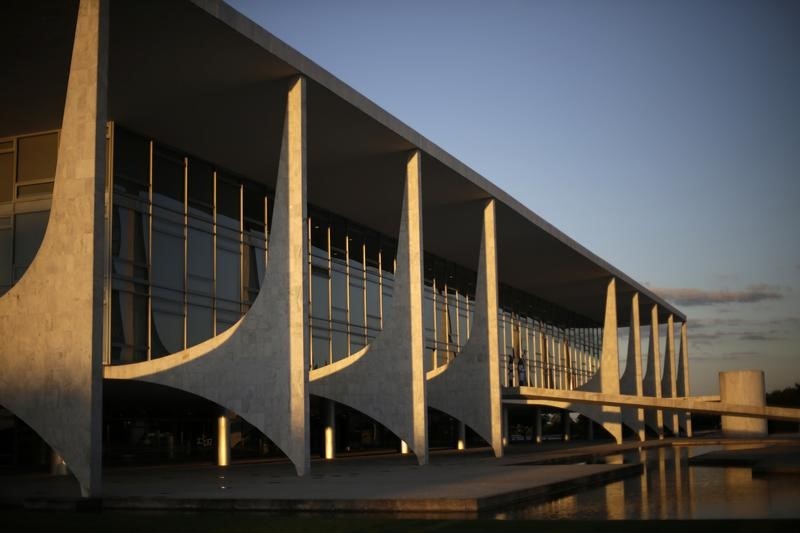

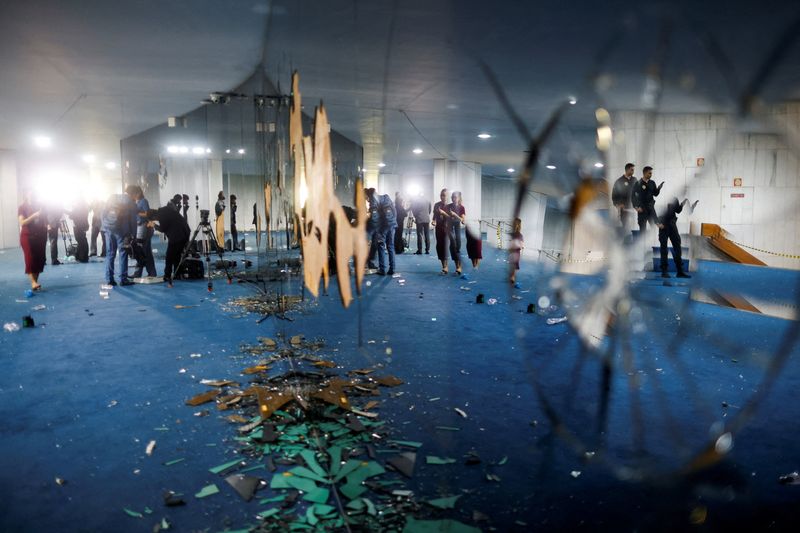


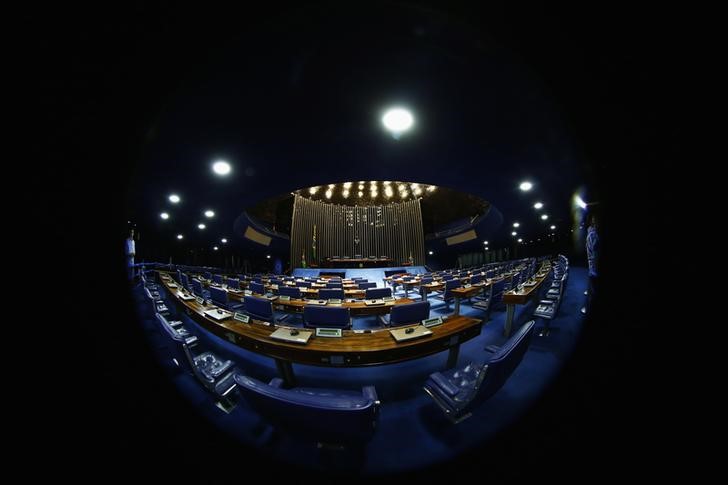
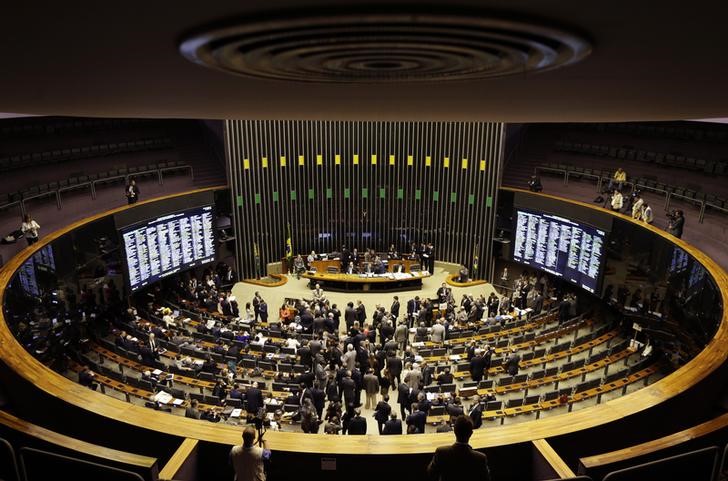


Comentários
Aproveite ao máximo as notícias fazendo login
Entrar Registro